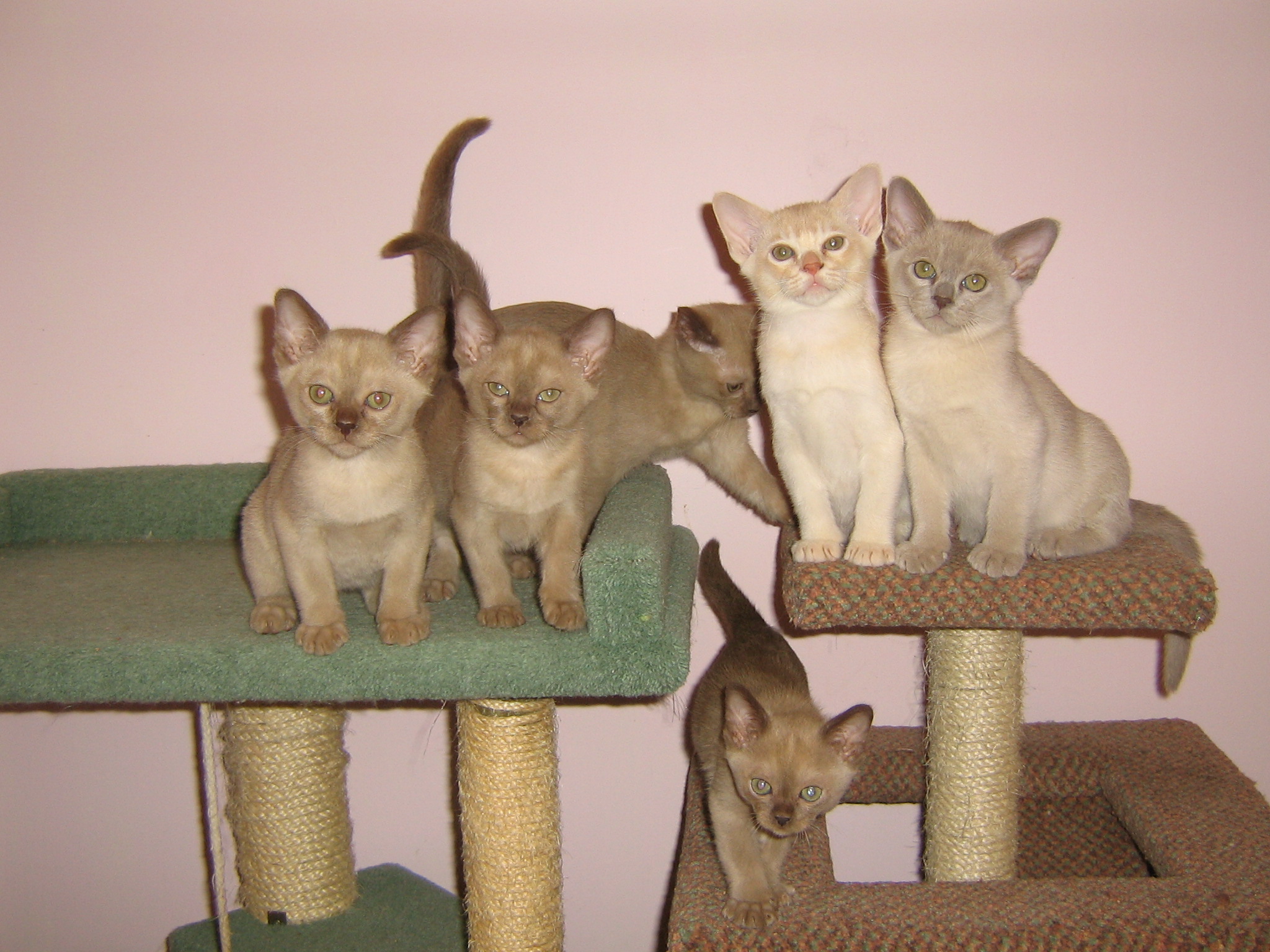You have already put a lot of hard work into raising your kittens and just as much time and effort should be put into finding suitable homes for them. The GCCF General Code of Ethics states that “breeders agree only to sell cats where there is a reasonable expectation of a happy and healthy life”.
There are various ways of finding new homes for your kittens: -
- Personal recommendations, which are probably the best
- Advertising your kittens through websites such as loveBurmese
- Advertising through local and national press or internet websites
Any form of advertisement should clearly represent the pros and cons of owning a Burmese kitten. They are an extrovert and playful breed and need plenty of company. They are not suitable for all people or their situations.

If the prospective buyer has not owned a Burmese before you will need to explain the characteristics of the breed perhaps referring them to Character.
General chat about the breed should elicit further information to help you assess their suitability as an owner of one of your precious kittens. Care should be taken not to make this sound like an inquisition. If you show a friendly interest genuine buyers will usually give you all the reassurance you need and understand your concern for your kitten’s future.
Another precaution to take, if the buyer has recently lost a cat, is to ask how it died. If it died at a great age they will almost certainly be a caring owner. If it was killed on the road they might consider measures to keep a subsequent cat safe and if it had an infection you need to be sure there will be no risk of this infecting your kitten.
You also need to ensure they are buying the kitten for themselves and not giving it as a present; that there is nothing to stop them keeping cats where they live (which is quite common in rented and leasehold properties); whether there is anyone home during the day and if other pets or children are part of the household.
You should provide prospective owners with an explanation of the kitten's feeding regime and tell them of the need to keep a litter tray. Explain what paperwork will be provided with the kitten (pedigree, registration certificate, vaccination certificate, diet sheet and an insurance cover note if you give them). Tell them if the kittens are being registered on the GCCF Active or Non-Active Register and establish if they are looking for a pet or if they wish to show or breed.
Hopefully, armed with sufficient information you can proceed to making an appointment for them to visit you and see the kittens and their mum (and dad if he is your own stud). Ask them not to consider visiting another litter (or litters) on the same day in order to avoid spreading any possible infection. Be sure to exchange phone numbers at this point in case circumstances force you to rearrange their visit or they need to change the appointment.
